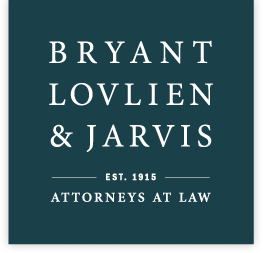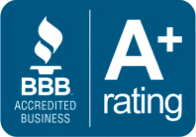SB 879 Eases Rules on Seller-Financing of Residential Property
In reaction to the mortgage crises, the federal and state governments enacted a host of reforms to prevent predatory lending practices. While such legislation provided a variety of important consumer protections, it also created a number of hurdles to traditional forms of lending.
Specifically, enhanced licensing requirements were established for residential mortgages. In Oregon, a residential mortgage loan is defined as “a loan that is secured by a mortgage, deed of trust or equivalent consensual security interest on four or fewer residential dwelling units, including but not limited to individual dwelling units, mobile homes, condominiums or cooperatives that are planned for or situated on real property in this state.” ORS 86A.200(8). Oregon law requires that any person who negotiates the terms of a residential mortgage loan,[1] in anticipation of compensation, to be licensed as or obtain the services of a licensed mortgage loan originator unless an exception applies.[2]
The involvement of a mortgage loan originator adds substantial cost to the transaction and creates legal deterrents for sellers carrying the mortgage on a residential property. A primary legal deterrent was that sellers generally could not employ an attorney to draft the trust deed and promissory note, unless the attorney was licensed as a mortgage loan originator. While there was an exception for attorneys in prior legislation, it only applied where preparing such documents was “ancillary” to the representation of a client. Regulating agencies did not consider the drafting of trust deeds to be ancillary to the representation of a client except in the context of a probate. Another issue was that holding property in an LLC effectively prevented the LLC’s members from invoking exceptions to mortgage loan origination licensing. LLCs are not exempt because only natural persons can be mortgage loan originators. LLC members are not exempt because the members (natural persons) are negotiating mortgage terms on behalf of the LLC with the expectation of compensation (distributions). To provide some relief from these regulations, Governor Brown signed SB 879[3] on July 2, 2015. SB 879 assists residential seller-financers in two ways. First, it removes the ancillary limitation to the attorney exception and replaces it with language that effectively makes the attorney exempt as long as the client is exempt. Second, SB 879 extends the same licensing exceptions for individuals to the members of single member LLCs and LLCs where membership only consists of family members.[4] Bryant, Lovlien & Jarvis can assist with any questions related to SB 879, mortgage licensing, and residential real estate transactions. [1] This is a requirement even if the loan is commercial in nature or between business entities, which is different from federal law where licensing is only required for “consumer” transactions. [2] Natural persons are exempt from mortgage loan origination licenses when they negotiate the terms of a mortgage for their residence, a residence owned by a family member, and for up to three non-residences per year provided the person holds no more than 8 mortgages at any given time. [3] Bryant, Lovlien & Jarvis associate attorney Garrett Chrostek was a co-author of SB 879 [4] A member of an exempt LLC must aggregate all mortgages that they are affiliated with for purposes of the 8 mortgage at any given time cap. In other words, an individual cannot avoid licensing by holding more than 8 mortgages in multiple LLCs. 

